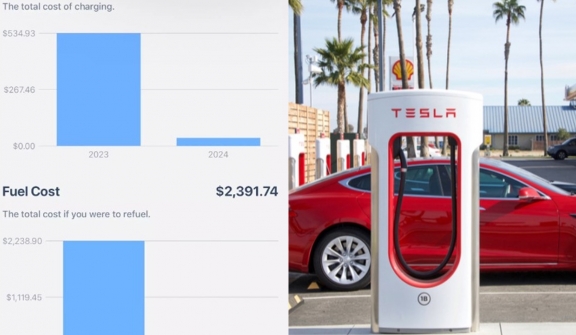
A Tesla driver named Bilal Sattar, gained attention after sharing on X platform, revealing how much money he has saved on fuel in the last six months.
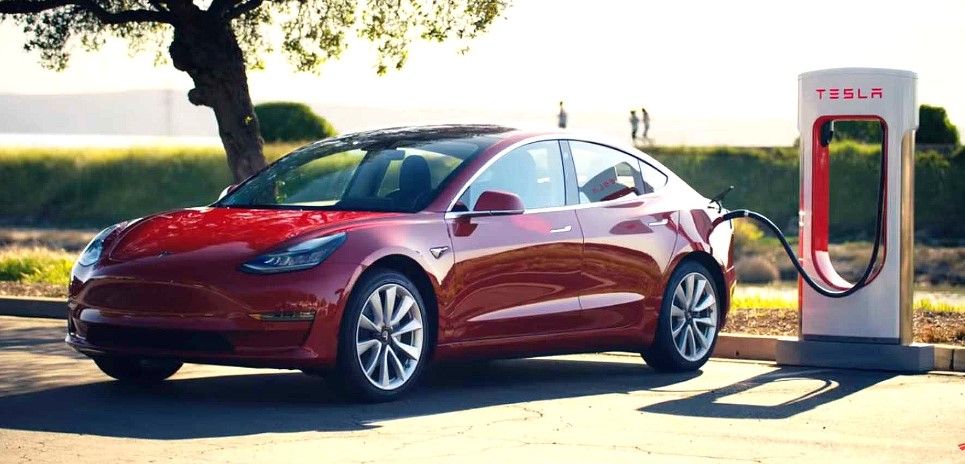
On X, Sattar left people in awe after showing increadible money he saved fuel over six months, also revealing his journey of fuel saving from a Tesla car.
The post read: “6 months and roughly 10k miles I've spent only $573 to charge. An equivalent gas car at $4/gallon would have cost roughly $2400. I saved $1800".
The photo showed he saved $1800 while sharing a screenshot of his savings from the Tesla app.
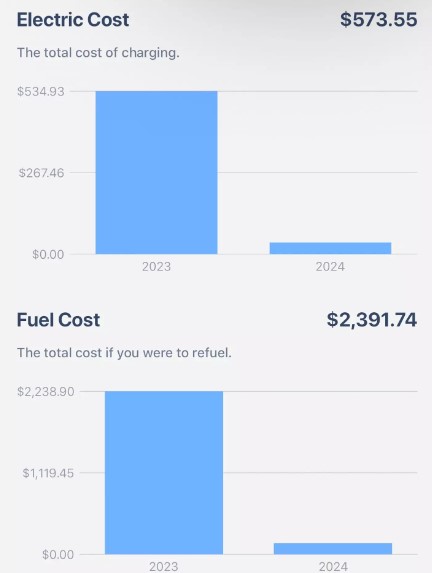
Sattar took full advantage of locations that offer free charging. While free chargers are rare and often only found in areas piloting new charging locations.
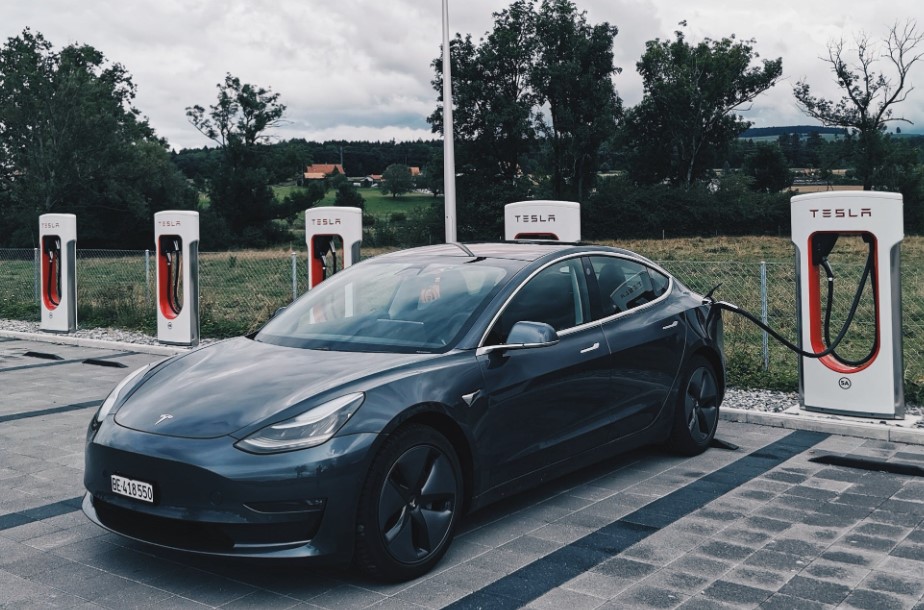
But the key to Sattar's success doesn't stop there. A few months ago, he shared an electric bill showing that he was putting wattage into the grid rather than drawing from it. The secret? Solar panels.
Using solar energy to power homes has been a long-standing tactic for saving money.
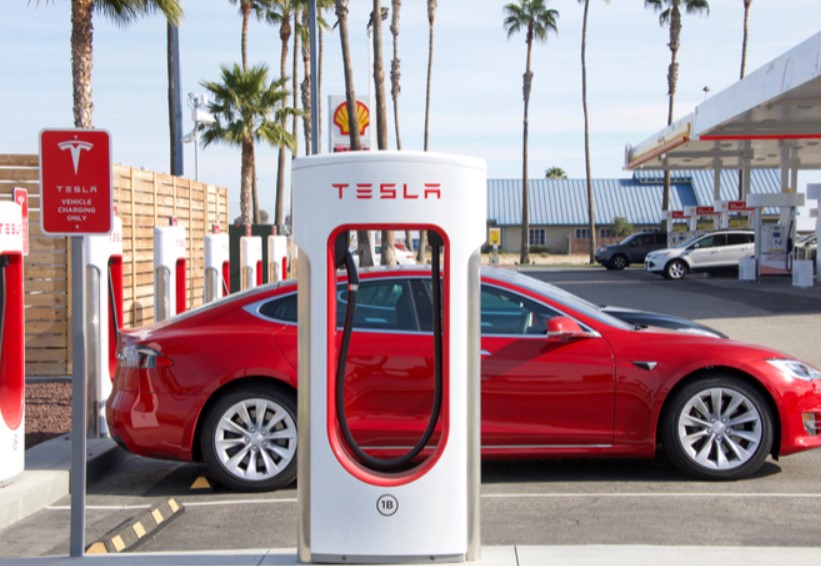
One person said: I haven't seen any electric cars in my area when the weather hits -30 or colder.
A second wrote: If I were to buy something different that straight gas, it would be a hybrid. Good economy that still usable in cold weather and don’t have to plug them in.
While a third commented: But in reality the cost of a Tesla is vastly more to begin with
Another added: And what do they with the old battery as it can’t be recycled
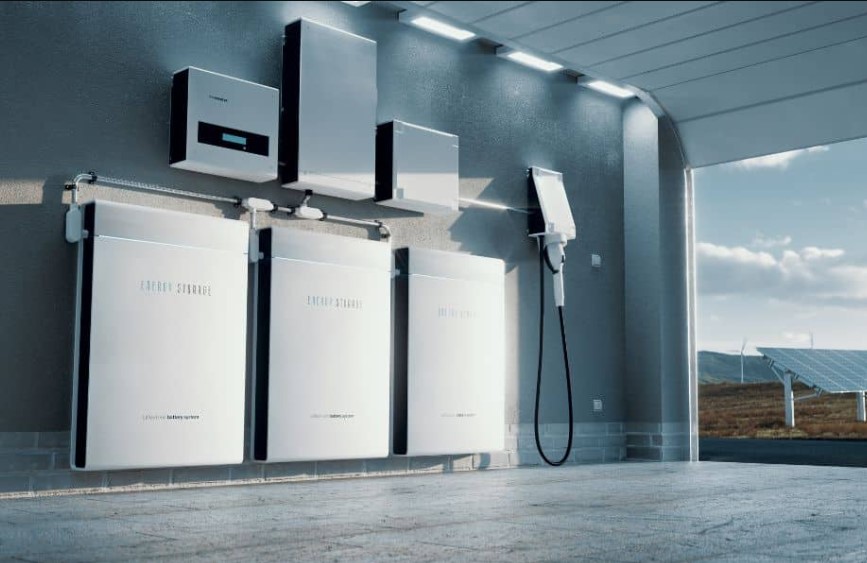
Why is his solar outlay not considered in the cost. If I were to build an oil well and refinery in my backyard does that mean my fuel is free. Another added.
In a related story, another Tesla driver recently shared their first electric bill.
The incident left people astounded and sparked discussions about the potential of electric vehicles to reduce energy costs.
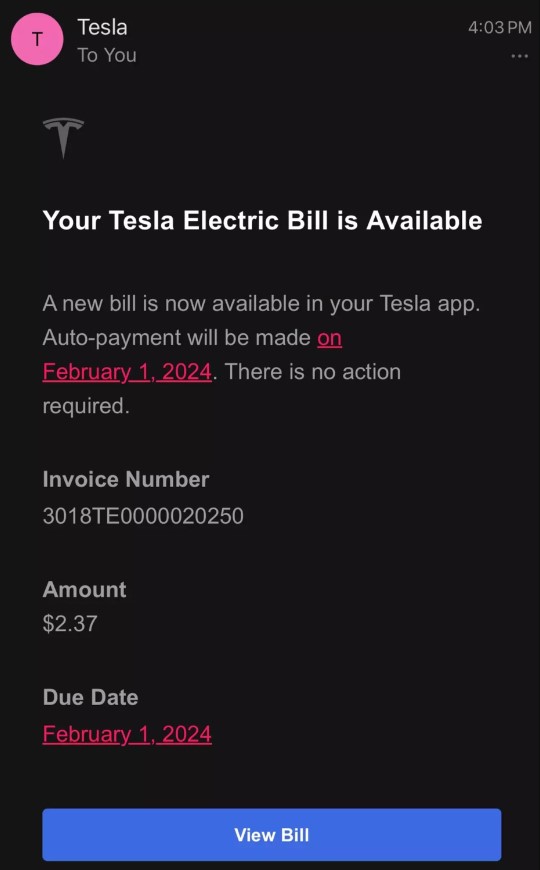
On social media, Tesla drivers shared that their electric bill for an entire year was astonishingly low, totaling just $2.37.
This lithium-ion battery, with a capacity of 13.5kWh and a 100% depth of discharge, ensures optimal utilization of stored energy.
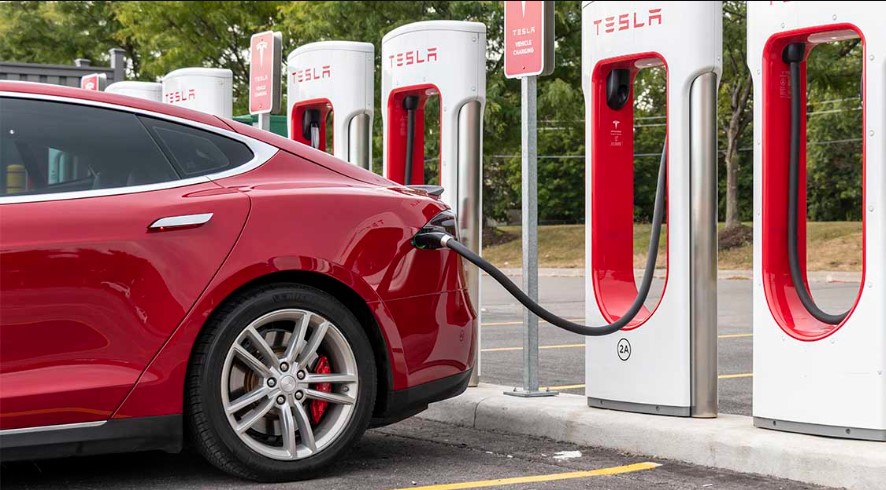
Not only does the Powerwall serve as a backup during power outages, but it also enables users to potentially go off the grid.
While a single Powerwall comes with a price tag of $11,500, discounts are available for those considering multiple units, making it an attractive option for those seeking a comprehensive home energy solution.




